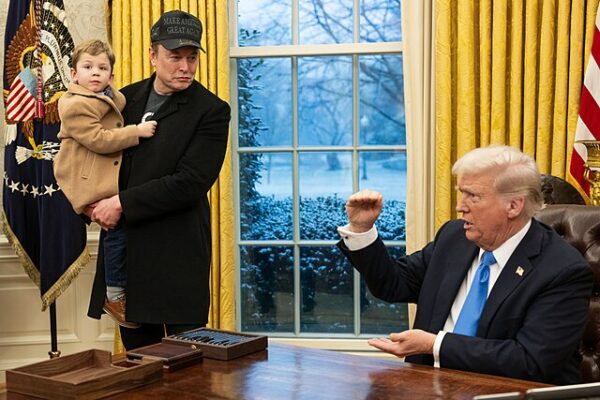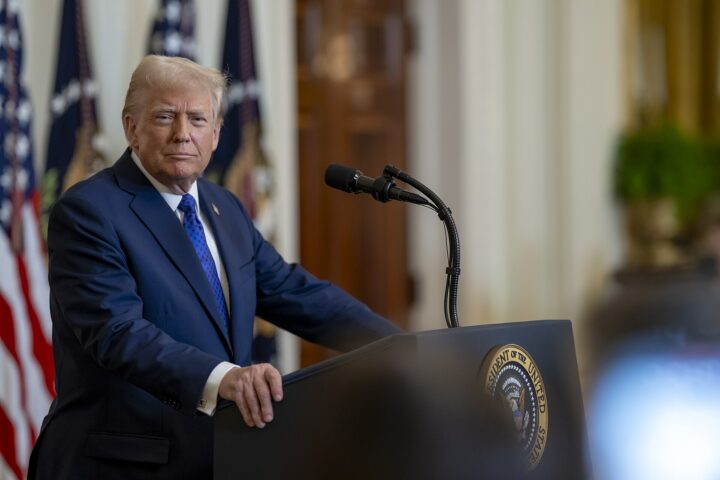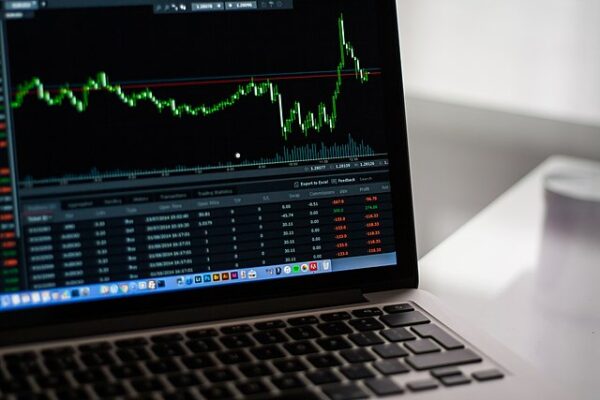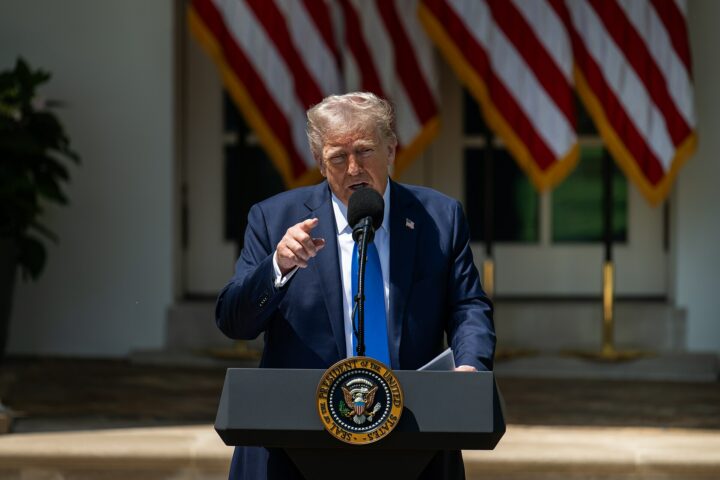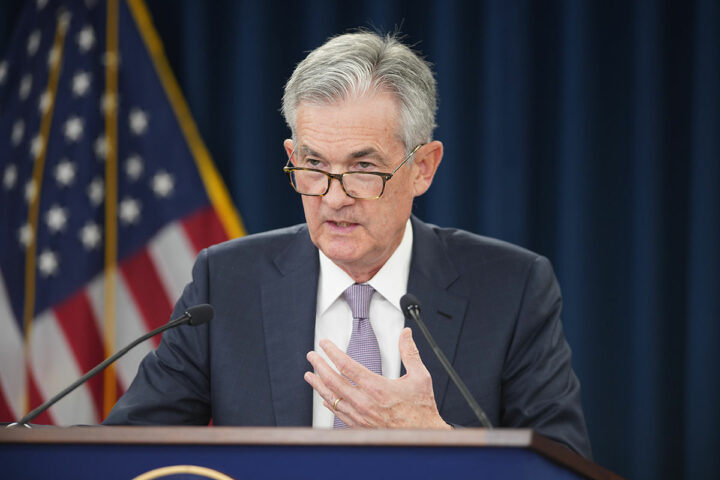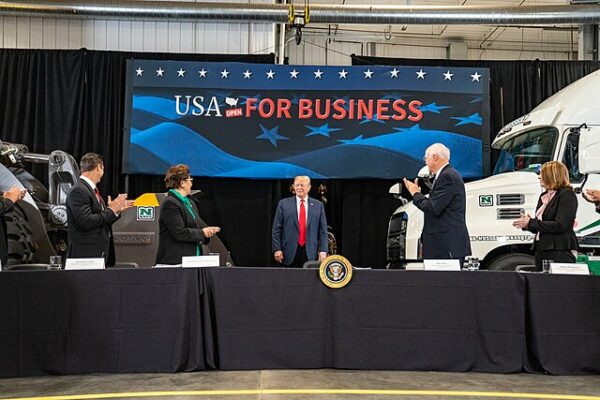Elon Musk, the billionaire tech mogul and occasional Trump advisor has stepped into the middle of one of the White House’s major goals. Earlier in the week, he publicly opposed Donald Trump’s newly proposed tariffs on European imports and called instead for a sweeping U.S.-EU free trade agreement.
Speaking via video at a political conference organized by Italian Deputy Prime Minister Matteo Salvini, Musk outlined a transatlantic vision at odds with the core of Trump’s protectionist economic agenda.
“Ideally, both Europe and the United States should move to a zero-tariff situation,” Musk said, adding that freer labor mobility across the Atlantic would be “very beneficial” for both economies.
His remarks come just days after Trump unveiled a new 20% tariff on European goods—a move the former president framed as a necessary act of economic self-defense, dubbing the policy rollout “Liberation Day.” The markets recoiled: the S&P 500 plunged nearly 5%, the Nasdaq shed 6%, and Musk himself reportedly lost more than $30 billion in net worth.
The public divergence between Musk and Trump is more than personal—it reflects a widening rift inside the Republican economic coalition. While Musk has occasionally advised Trump and supported aspects of his deregulatory agenda, his enthusiasm for globalization, immigration reform, and transnational collaboration has increasingly placed him at odds with the populist-nationalist wing driving Trump’s 2024 campaign.
Nowhere was that friction more apparent than on Musk’s social media platform, X (formerly Twitter), where he appeared to take a swipe at Trump’s longtime trade advisor Peter Navarro—mocking the Harvard economist with a cryptic post: “Ego/brains > 1 problem.”
A PhD in Econ from Harvard is a bad thing, not a good thing.
Results in the ego/brains>>1 problem.
— Elon Musk (@elonmusk) April 5, 2025
Musk’s critique lands at a precarious moment for the Republican Party’s evolving identity. Trump’s economic platform—once focused on tax cuts and deregulation—has hardened into a doctrine of economic nationalism, enforced by tariffs and animated by fears of global competition.
European leaders have responded cautiously but firmly. European Commission President Ursula von der Leyen warned that while the EU is prepared to negotiate, it will not hesitate to retaliate if Washington escalates the trade war.

